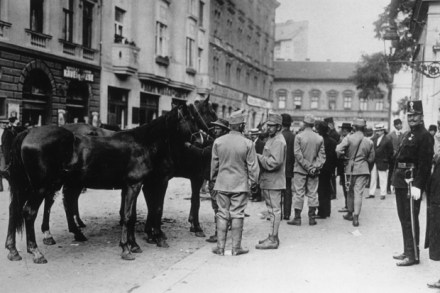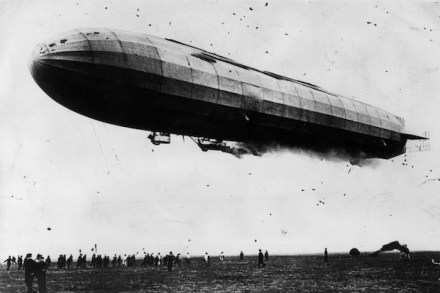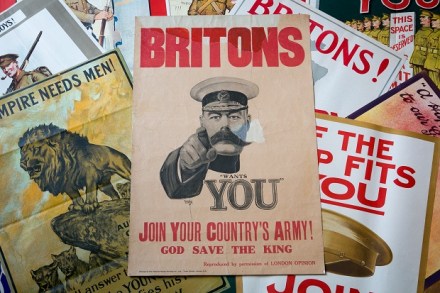The Spectator at war: German hospitality
From The Spectator, 23 January 1915: The Press Bureau has published, at the request of the Russian Embassy, a narrative of the insults, privations, and assaults suffered by Russian subjects in Germany after the outbreak of war. All the facts have been carefully verified, and the names of the chief victims are given. The story

















